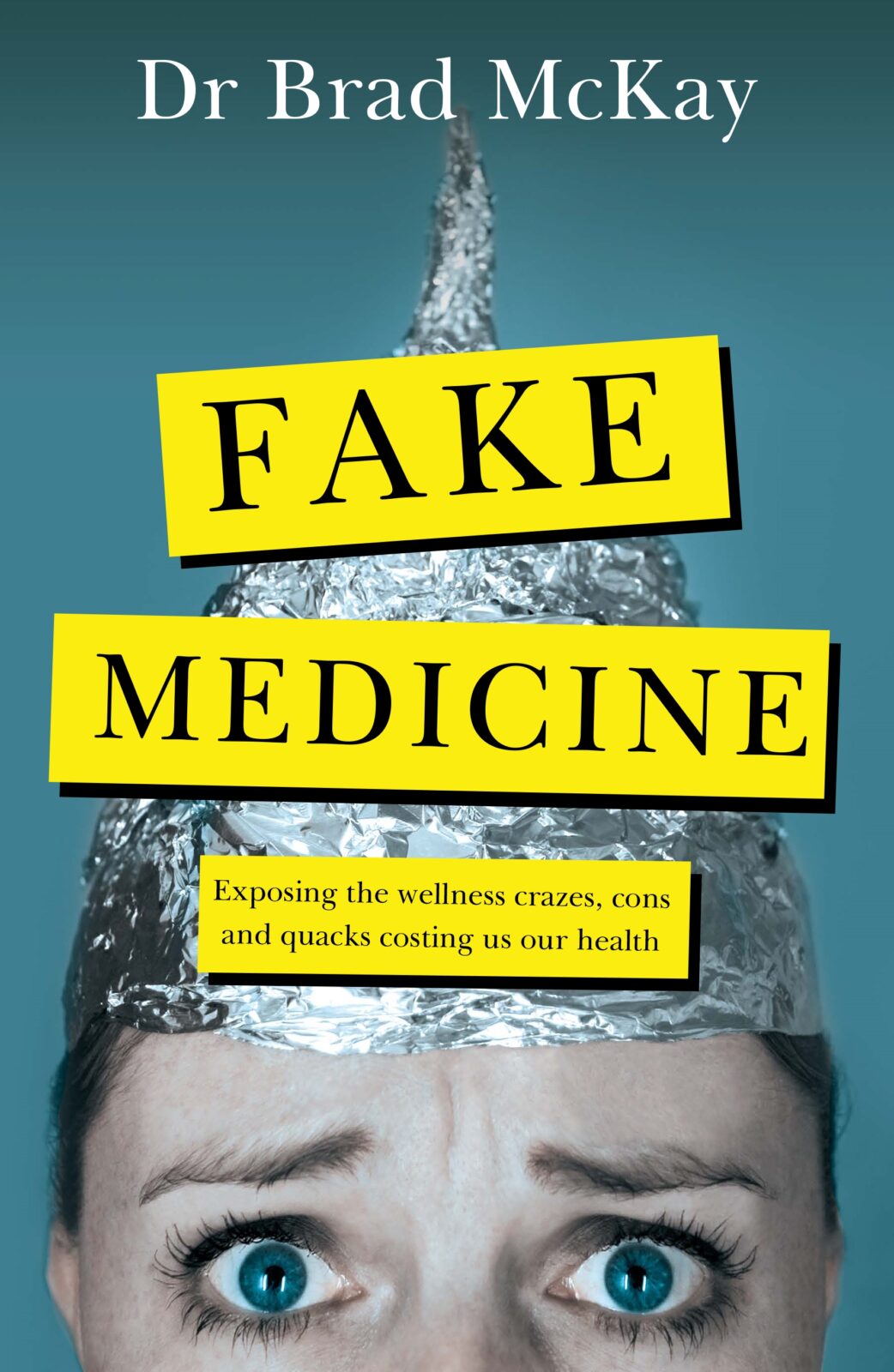Top Aussie doctor says anti-vaxxer celebrities are risking nation’s health

Australian doctor Brad McKay has seen a lot of unusual health scenarios. As the host of Embarrassing Bodies Down Under, McKay’s dealt with lump and bumps and things oozing in all the wrong places, but it’s his experience with Australia’s growing pool of anti-vaxxers that he finds most disturbing.
The pandemic has provided anti-vaxxers with a breeding ground of fake news and has seen an increase in the spread of vaccination misinformation online. Spurring these anti-vaxxers along is a group of celebrities who have made false claims about the origins of Covid-19 and discouraged people from getting vaccinated against the virus.
Controversial chef Pete Evans has been an outspoken Covid-19 denier and was fined $25,200 by the Therapeutic Goods Administration for claiming a $15,000 light machine could be used against coronavirus. Facebook also suspended his official account for repeatedly spreading misinformation about Covid-19, and encouraging people to not get tested for the deadly virus.
Other celebrities, such as tennis star Pat Cash and Home and Away alum Isobel Lucas, have peddled theories that the virus was created by leading US infectious diseases expert Anthony Fauci as part of a conspiracy with the rich and famous, and urged people to seek alternative ways to treat coronavirus.
McKay, who has just published a book called Fake Medicine, in which he exposes the sciencey-sounding crooks and nonsense marketing targeting health-conscious Aussies, says he finds the movement somewhat concerning, and believes celebrities who identify as anti-vaxxers are only making it worse.
“It’s disheartening to see celebrities and online influencers being embraced by anti-science communities,” he tells Starts at 60.
“It’s disappointing to see them start to spread unscientific statements with ignorant confidence. And it’s dangerous when their misguided endeavours begin to impact the health of their audience and the nation.”
The anti-vaxxer movement has taken off in recent years with some parents especially concerned about claims vaccination is linked to an increased risk of autism in children — despite the fact there is no scientific evidence to support these claims. It’s also caused spikes in the number of measles cases across the country following years of near-eradication of the disease in Australia.
McKay worries that if enough Australians fall into the trap of second-guessing the effectiveness of vaccines, we’ll never fully recover from Covid-19.
“Immunisations aren’t just important, they’re essential,” he says. “We need to immunise as many people as possible against Covid-19 if we’re ever going to get our world back into some sense of normality again.”
And despite recent controversy surrounding links between the AstraZeneca jab and blood clots, McKay has no doubt about its effectiveness.
“The evidence is clear that vaccines used today are safe and effective at preventing infectious diseases,” he says. “During the pandemic, with the entire world interested in Covid-19, we’re seeing scientific research being played out in real-time. We’ve seen the results of vaccine trials being reviewed and scrutinised by scientists from around the globe.
“We’re observing side effects and refining our vaccines to be even more effective and safe over time.”

IMPORTANT LEGAL INFO This article is of a general nature and FYI only, because it doesn’t take into account your personal health requirements or existing medical conditions. That means it’s not personalised health advice and shouldn’t be relied upon as if it is. Before making a health-related decision, you should work out if the info is appropriate for your situation and get professional medical advice.








 Proudly Australian owned and operated
Proudly Australian owned and operated